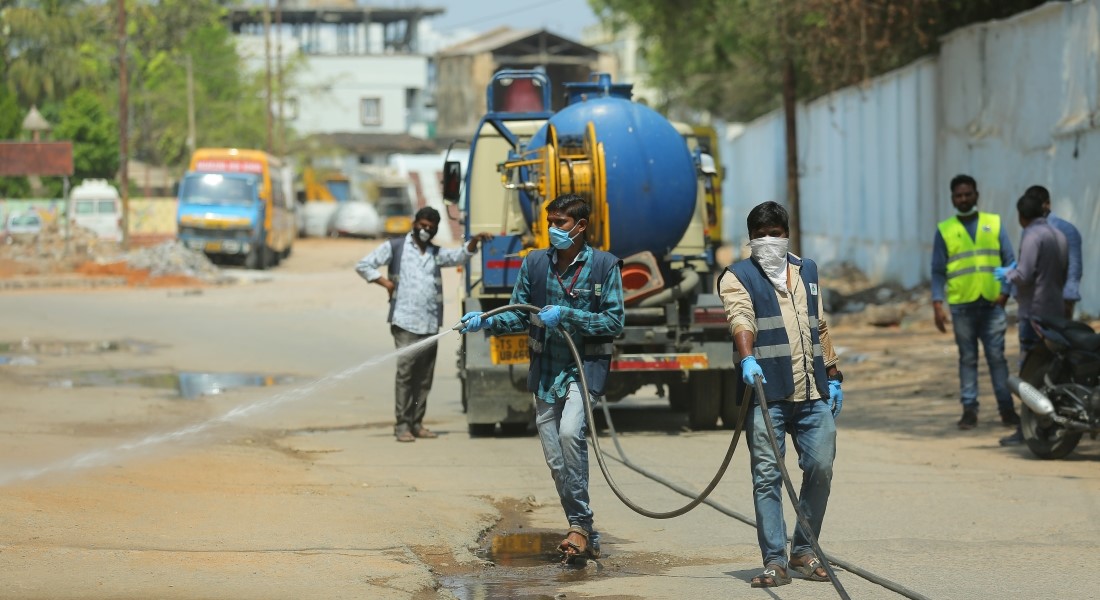Researchers launch new blog on political anthropology
A blog written by researchers at the Department of Anthropology aims to disseminate political anthropology to a broader audience. The first posts present snapshots of how the corona epidemic is being handled in India, Mexico, the US and Italy.

How are the Covid-19 pandemic and its related lockdowns experienced and enacted as political by people and institutions in different contexts? This is the over-arching question of the first three posts written by researchers at the Department of Anthropology strive to answer on a new blog called 'Conflict, Crime, Power and Politics'.
But the ambition of the researchers, all of whom are affiliated with the institute's research group, 'Conflict, power and politics', is not just to write about the corona crisis.
“The blog started because we were a group that wanted to comment on the corona situation around the world and the political reactions to it. We were seeking a format that could be popular and faster than traditional academic channels,” explains Postdoc Christina Jerne, one of the researchers behind the new blog.
“However, it will have a wider function. It will be a place where we publish field notes and work in progress, and we will in particular share thoughts on current public and disciplinary debates within the field of political anthropology,” she says.
Jerne also hopes that the blog can reach out to a new audience.
"We want to make political anthropology more widely known and accessible to the public – especially to people who are not academics themselves," she says.
Political anthropology typically takes a broad perspective on politics that also involves cultural relations and informal power structures, while traditional political science often focuses more exclusively on the state itself and its institutions.
This is also reflected in the first three contributions:
-
Associate Professor Atreyee Sen contributes with an analysis of how Nationalist Indian Prime Minister Narendra Modi incorporates traditional Hindu narratives in his communication about the epidemic.
-
PhD student Erika Skov reports from Mexico on the significance of the corona crisis for refugees on the US border.
-
Finally, Christina Jerne herself writes field notes from Italy, where the ‘agora’, the Mediterranean urban space that accommodates social and political life, moved into the supermarkets after the shutdown
Read the first three posts on the blog 'Conflict, Crime, Power and Politics'.
Topics
Contact
Postdoc Christina Jerne
Email: chje@anthro.ku.dk
Telephone: +45 35 33 19 95
